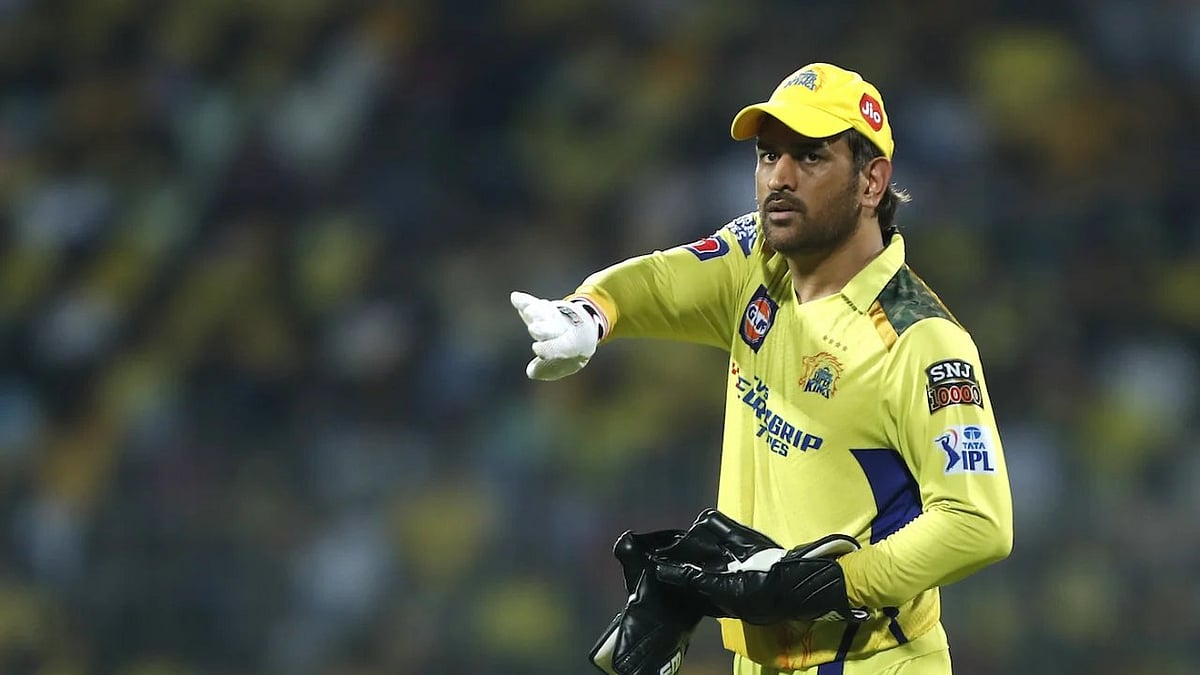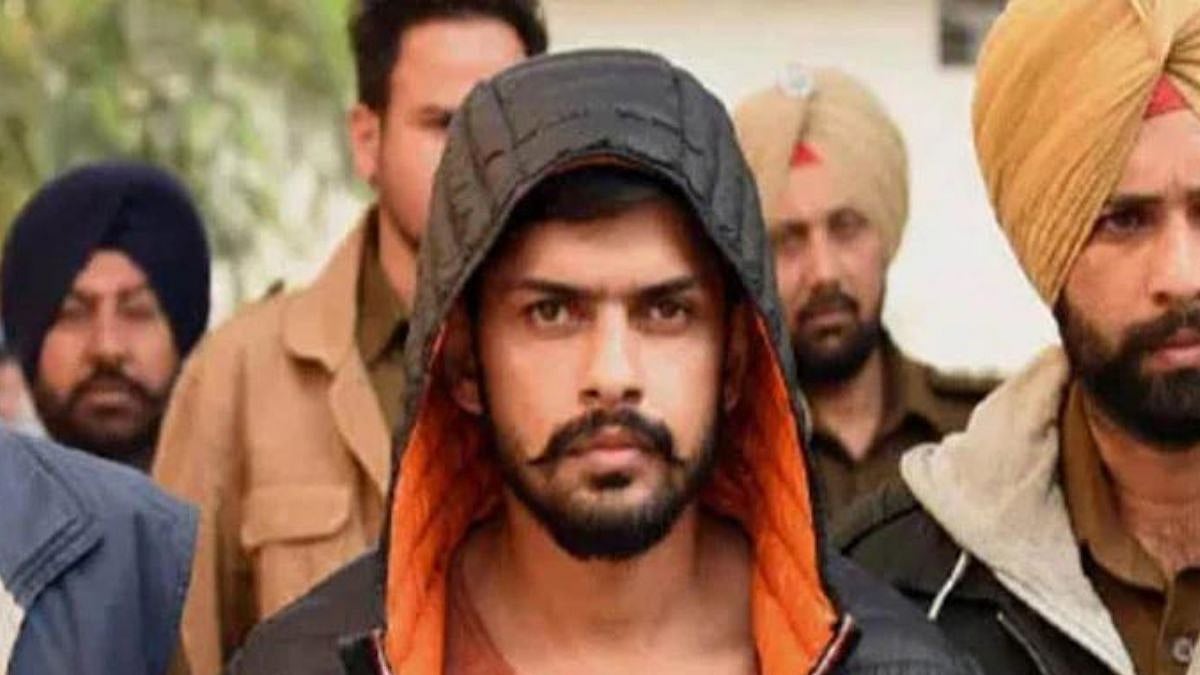An Indian Ph.D. student at the University of Cambridge has finally solved a Sanskrit grammatical problem that has baffled scholars since the 5th century BC. Rishi Atul Rajpopat reportedly decoded a text written by the Sanskrit language master Panini, a master of the ancient Sanskrit language who lived around 2,500 years ago, according to a report by the BBC. Panini incidentally was the world's first definitive linguist.
Panini taught a “metarule” which is traditionally interpreted by scholars as meaning: “in the event of a conflict between two rules of equal strength, the rule that comes later in the grammar’s serial order wins”. However, this often led to grammatically incorrect results.
This traditional interpretation of the metarule was rejected by the 27-year-old Rajpopat with the argument that Panini meant that between rules applicable to the left and right sides of a word respectively, Panini wanted us to choose the rule applicable to the right side. He concluded that Panini's “language machine” produced grammatically correct words with almost no exceptions.
This is very heartening news for the lovers of Sanskrit and also for those who love languages in general. Indian polyglot and linguist Dr Suniti Kumar Chatterjee aptly said, “Every time a facet of a language is explored, decoded or analysed, it paves the way for its further development and also makes the way for other tongues to flourish and thrive.” Though it's a tad ironic that Rishi had cracked this code at a renowned European University and not in India, and his guide is also a foreigner, Vincenzo Vergiani, there's no denying the fact that the academic world is enthused over this remarkable breakthrough. I don't want to claim that Sanskrit is the parental or source language for all the languages currently existing or already extinct, because Tamil has older written records than those of Sanskrit. Moreover, this debate of which one is older is meant for linguistic chauvinists. But one thing is sure and that's the near-perfect structural symmetry of Sanskrit. According to the American scholar of Sanskrit, Sheldon Pollock, “In the annals of languages, Sanskrit could be the only evolved language that can be formulated and used for machines/computers.”
In other words, Sanskrit is a fully evolved language unlike English as the latter is linguistically an ill-evolved tongue with fluid and ambiguous rules and regulations of grammar. Sanskrit has a mathematical pattern and a linguistically precise approach. So, if its rules are learnt and assimilated, it can be learnt easily. Today, we talk of English as a language that has words for all moods and situations, but this credit must go to Sanskrit for which Dara Shikoh stated in Persian, Ustam mee az min faaz shud Sanskrit, ne aftam meen Farsi azdam (Unlike Persian, Sanskrit has words for every occasion) in his book Majma-ul-Bahrain (Co-mingling of two oceans).
It is worthwhile to mention that the most erudite Mughal, Dara Shikoh, learnt Sanskrit and mastered it. He also wrote a book on the semantic similarities between the two languages. In fact, scholars now believe that Persian originated from Sanskrit as there are many words in both the tongues that are similar and Persian accepted them quite later. For example, Tan (body) in Sanskrit is Tanam in Persian (Munbilam be zakhm na sayad tanam), Abhra (cloud) in Sanskrit is Abra in Persian. Ashva (horse) in Sanskrit is Asp in Persian. Sanskrit word Trishna (thirst/pyaas) became Tishnagi in Persian. Stan (breasts) in Sanskrit is Pistaan in Persian. Nitamb (derriere) is Naatam in classical Farsi. Vyom (Sky) in Sanskrit is Vaaham (Pahlavi, precursor to modern Persian). The list is endless.
Sanskrit has always had a modern outlook and linguistic approach. Contrary to the general tenor that Sanskrit is a liturgical language, more than 95% of Sanskrit literature has nothing to do with religion, and instead it deals with philosophy, law, science, literature, grammar, phonetics, interpretation etc. In literature, the contribution of Sanskrit is of the foremost order. The works of Kalidas (Shakuntala, Meghdoot, Malavikagnimitra, etc.), Bhavabhuti (Malti Madhav, Uttar Ramcharit, etc.) and the epics of Valmiki, Vyas, etc. are known all over the world. The works of Dandi or Dandin, Bhaas, Bharavi (Kiraataarjuniya), Maagh (who quilled 'Shishupal Vadh') and Ashvaghosh (Buddhacharita) shall remain immortal in world literature. These and countless other Sanskrit works and writers kept the light of learning ablaze in our country upto modern times.
I don't want to sound like a typical Sanatani to espouse the cause of Sanskrit and its spread in modern India. Currently, an estimated 25,000 people in India are able to converse in Sanskrit. The number must increase so that more and more people can learn and dive into the ocean of this great language which is a repository of knowledge and wisdom. Hope Rishi Rajpopat's decoding will stoke a renewed zeal for learning this ancient tongue. The Bhandarkar Oriental Research Institute in Pune has been doing yeoman’s service in this regard right from its inception.
Lastly, though full credit goes to the brilliant 27-yr-old, Bhattoji Dikshita already dealt with the Panini code or conundrum in his Siddhantkaumudi, albeit in a rather vague manner. Bhattoji Dikshita was a 17th-century Maharashtrian Sanskrit grammarian, author of the Siddhānta-Kaumudī, literally “Illumination of the established (position)”. He was active in a revival of the grammatical methods of Paṇini, in his work arranging Paṇini’s sutras with a commentary for teaching purposes.
Sumit Paul is a regular contributor to the world’s premier publications and portals in several languages




